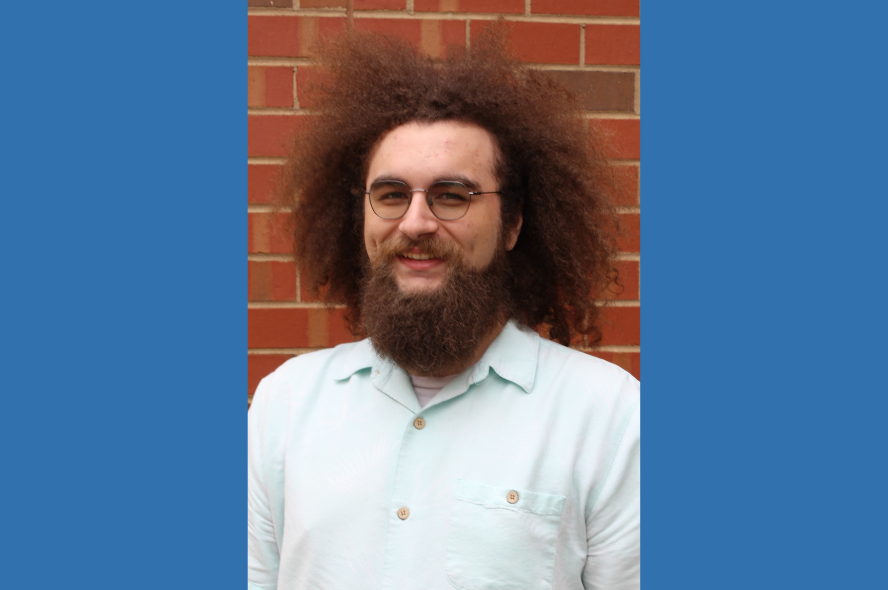Skripchuk joins Department of Computer Science

The Department of Computer Science is pleased to welcome James Skripchuk as an Assistant Teaching Professor.
Skripchuk enjoys teaching a range of topics, including data structures and algorithms, data science, machine learning, artificial intelligence, and sound and music computing. He has held undergraduate teaching positions at Elon University, and North Carolina State University, where he taught courses such as data structures, algorithm analysis, and machine learning. At North Carolina State University, he also served as an instructional designer for a professional development course in artificial intelligence. His mentorship has helped students publish peer-reviewed research—including a first-author paper for one student—and pursue graduate education.
Skripchuk earned his bachelor's of computer science at the University of Delaware, and his PhD in computer science from North Carolina State University under the guidance of Thomas Price. His research focused on how novice programmers use help resources such as Q&A forums and generative AI tools. His dissertation explored the unique challenges beginner programmers faced compared to experts when looking for information online, and how educators can design pedagogy that teaches students not just what to learn, but also how to learn in an evolving technological landscape. Skripchuk is passionate about fostering curiosity and confidence in students as they develop the skills to navigate complex problem-solving environments.
His commitment to equity and access is evident in his leadership of NCSU’s Socially-Relevant Computing and Analytics REU Site, where he coordinated three summer cohorts of 15 students each from underrepresented backgrounds, supporting a total of 50 students in research and professional growth.
The School of Engineering is proud to welcome James Skripchuk to our faculty and looks forward to the teaching expertise and dedication to student success that he will bring to our community.
Department:
Computer Science